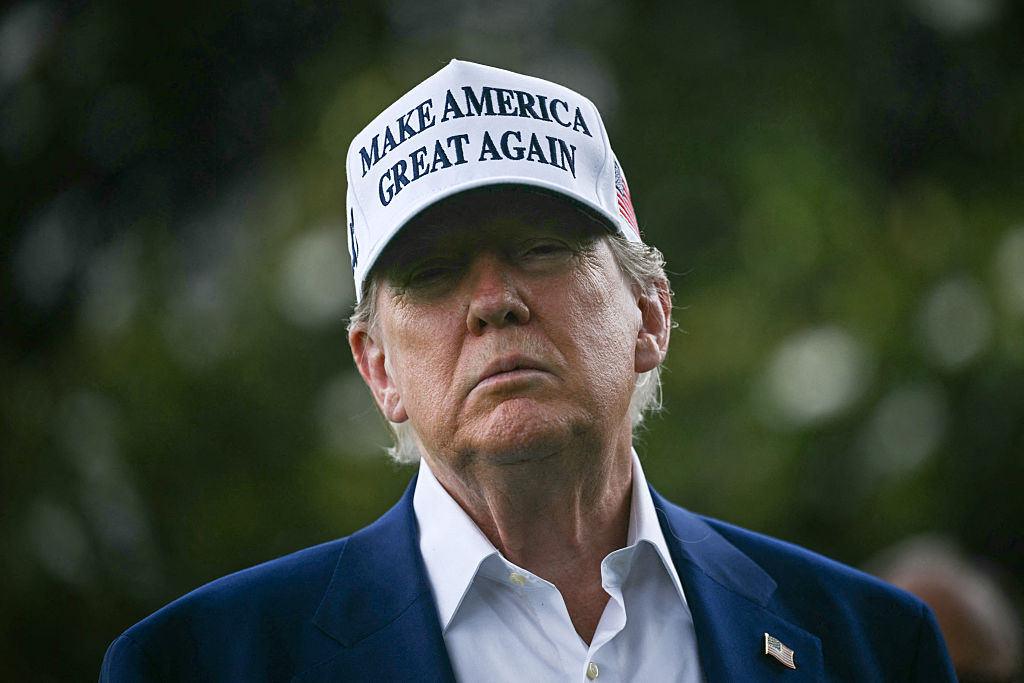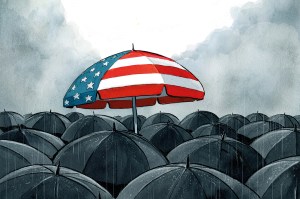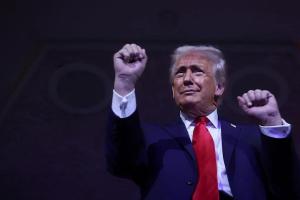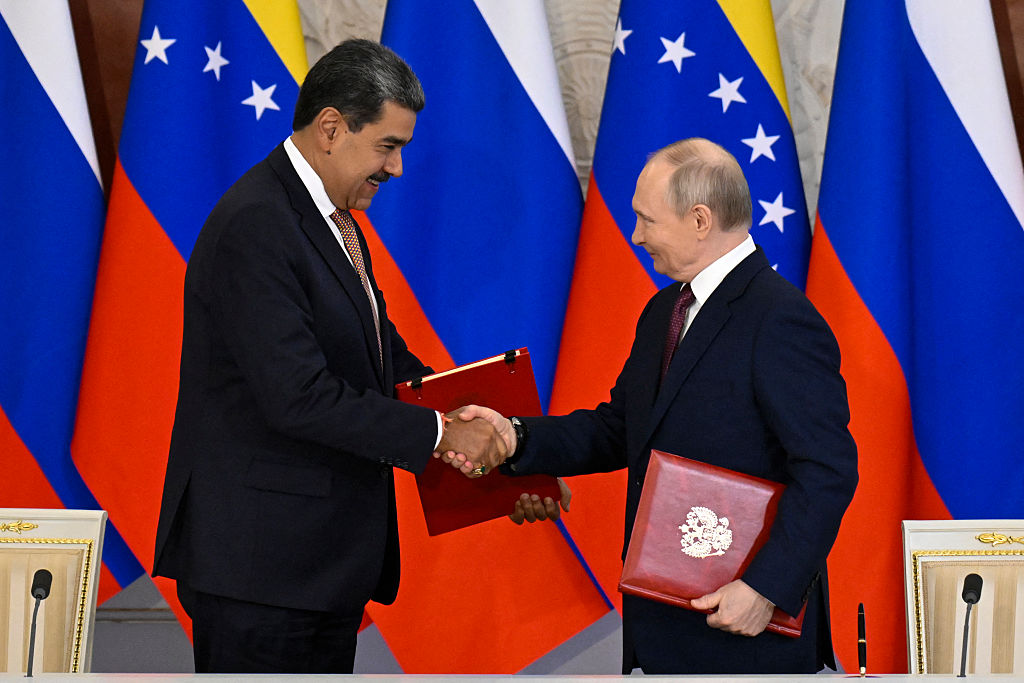The decision whether to use American planes and bombs to demolish Iran’s Fordow nuclear facility is the most consequential of Donald Trump’s presidency. Iran’s hardened facility is buried deep inside a mountain, well beyond the striking power of Israeli fighter jets. The question is whether the US will use its B2 bombers to destroy Fordow with the mammoth, deep-penetrating bombs that only US planes are big enough to deliver.
Whether to drop those bombs is the decision that now awaits President Trump. Reports are that he has already approved the strike plans but has not authorized their implementation. That’s the final decision that he has said he will make within two weeks.
Two weeks, however, is the outside limit. If it is clear before then that Iran won’t give up its nuclear program, as the US is demanding, then Trump would likely end the waiting game.
Why wait at all? Not in hopes of still more negotiations, the kind Iran dragged out for months without making major concession. When those talks began, Trump clearly stated the negotiations would last only 60 days. Iran used that time to stall, and Israel launched its attack on Day 61.
Trump has bluntly stated that he is not reopening those negotiations. It is a mistake to think that Trump’s statement giving Iran two more weeks (at most) is a major concession, a weakening of his resolve. He made clear it was not when he posted a message, “Unconditional Surrender,” on his social media platform, Truth Social.
How, then, should we understand Trump’s delay in pulling the trigger? Not as hesitancy or confusion in reaching the decision but as prudent move, militarily and politically.
Militarily, there are two advantages in postponing a US attack, at least briefly. The first is that the Navy is still moving one carrier strike group from the Indo-Pacific to the waters near Iran. The US has already moved massive amounts of firepower into the region, especially at the Diego Garcia base. The addition of this last carrier group would complete that preparation.
Second, the delay gives the Israeli Defense Forces (IDF) more time to complete its systematic destruction of Iran’s military capacity and leadership. That’s important for the protection of 40,000 US forces within range of Iranian rockets and drones. The fewer military assets Iran has left to attack those forces, the safer they will be if Trump does choose to bomb Fordow and Iran retaliates. Since the IDF still has a long list of Iranian military targets to hit, it makes sense for Trump to let Israel continue its successful air campaign.
Why has Iran avoided attacking US troops over the past week? For a simple reason: Ayatollah Khamenei and his military advisors know the Trump administration would respond with a lethal counter-attack, drawing the Americans directly into the war. That response would be far different from the Biden years, when the Islamic Republic launched hundreds of attacks on American troops across the Middle East without retaliation from Washington. Those days ended with Trump’s inauguration.
Trump’s decision to hold off bombing Fordow makes sense politically, too. Americans recoil from the memory of endless, failed wars in the Middle East, with a high cost in American lives and treasure. That is why Trump and his advisors never utter the words “regime change” in discussing Iran. (Neither have the Israelis.) If the Ayatollah and his regime are overthrown, it will be the result of local uprisings, which the Islamic Republic cannot suppress because its domestic security forces have been decimated by Israeli strikes.
Put differently, there is considerable American support for stopping Iran from getting nuclear weapons but no support for a long, costly war or for American “boots on the ground.” There is also an understandable fear that bombing Fordow could lead to unpredictable consequences, including terrorist attacks in America itself. Whatever the negative consequences, Trump and his party would pay a price politically.
Trump also has concerns about the isolationist wing of his MAGA coalition. They don’t want the US involved in this fighting in any way. A few have constitutional objections (Congress should declare war). Others simply don’t see Iran posing a grave danger to the US, even if it acquired nuclear weapons.
There is an antisemitic undertone among some of these opponents, who claim that the Jewish state is trying to drag America into a war that may be in Israel’s interest but not America’s, and that contradicts Trump’s pledges of “America First” and avoiding foreign wars. This antisemitism of the far right joins the rising antisemitism of the far L=left to form a toxic confluence.
So far, Trump seems confident he can carry most of his coalition along with him. But he has every reason to show them – and, indeed, all Americans – that he has given the Iranians every opportunity to relinquish their nuclear ambitions before the US uses force.
On a decision this big, President Trump has every incentive to take his time, to hear a variety of views from military, diplomatic and political advisers, and to contemplate a range of options. He has good reasons to make sure all American forces are in place and that the Israelis have done as much as possible to degrade Iran’s military capacity before America acts. He needs all Americans to know why, in his opinion, it is in America’s fundamental national interest to prevent a nuclear Iran. He needs Americans, as well as our allies in Europe and Asia, to know he has not acted precipitously, that he has given the Islamic regime every chance to forego its nuclear program without provoking an American attack. He needs to explain clearly what America’s aims are – and are not. And, most of all, he needs to make the most consequential decision of his presidency.


























Leave a Reply